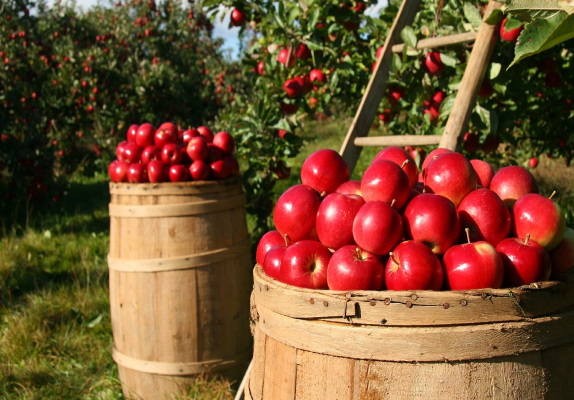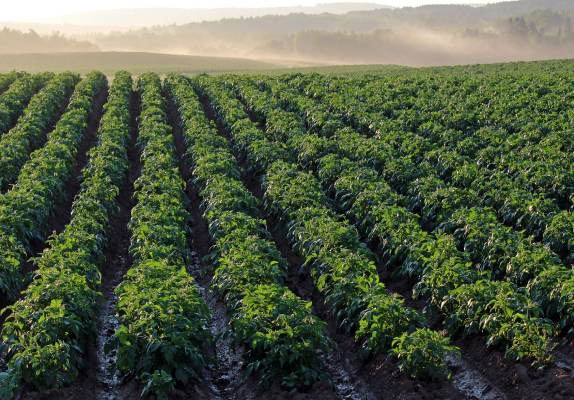The global agriculture system contributes 19% of GHG emissions through fertilizer use, soil erosion and deforestation, as well as through methane produced by cattle. It is also a leading contributor to water stress.
At COP28 a Declaration on Sustainable Agriculture, Resilient Food Systems, and Climate Action was signed by 134 countries, accounting for 75% of food-based GHG emissions, for the first time committing to adapting and transforming their food systems as part of climate action and setting relevant targets in their national plans for 2025.
In the agriculture sector countries can start the transition today by focusing on powerful levers such as regenerative agriculture, agroforestry, water-efficiency, and manure management techniques.
Action in a handful of areas can allow global food and agriculture systems to decarbonize on track with the 1.5 degrees pathway through:- Sustainable food production – expansion and adoption of practices and technologies that reduce emissions while meeting food demands
- Reduction in food loss and food waste throughout value chain
- Diet shift away from animal protein, emission reduction from switching to alternative protein sources
- Expansion of land conversation and natural carbon sinks


